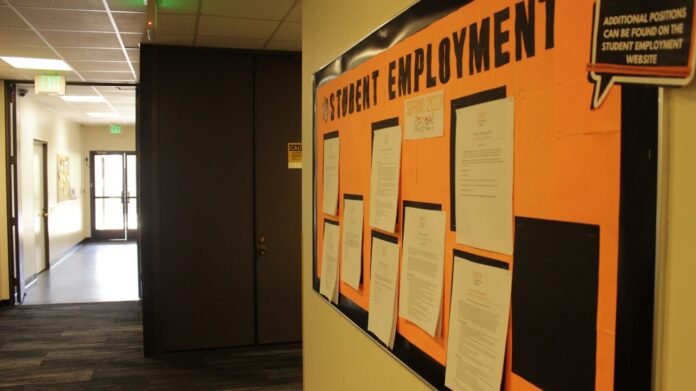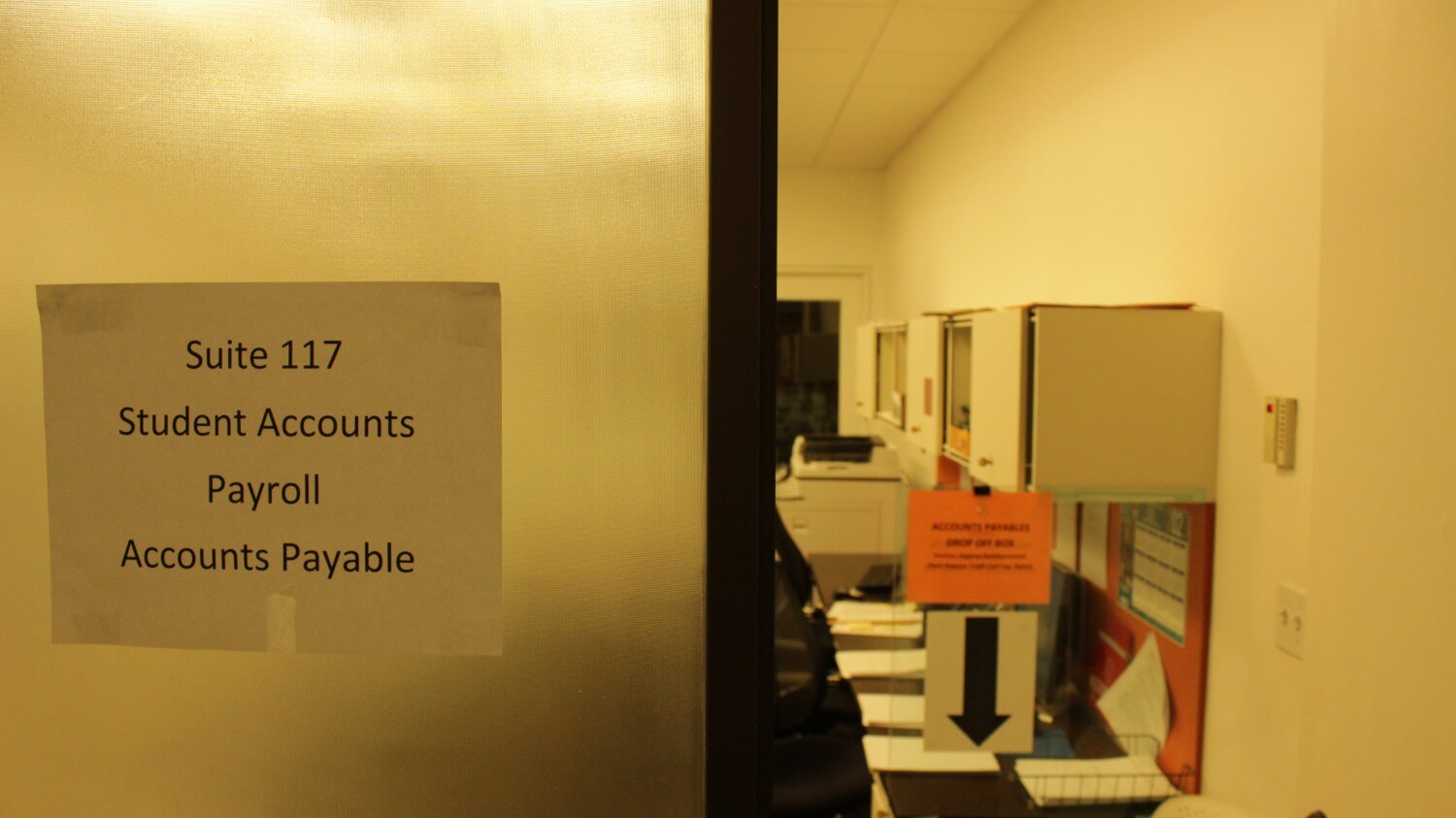
From making drinks at the Green Bean or workshopping essays at the Writing Center, students have a range of options for employment at Occidental College. Working at Occidental can help students pay their living expenses or tuition, and has a major perk over other local employment in that no commute is required. However, working as a student employee at the college also comes with certain limits.
More specifically, students cannot exceed the $4,000 student earnings cap, a limit on the amount of money students can earn annually from on-campus employment that is set by the college, according to the Occidental Student Worker Guidelines. The hourly wage for students is $16.04, per the minimum wage of the city of Los Angeles, and the guidelines dictate that students cannot work more than 8 hours per week, to remain within the student earnings cap. The most a student can make working 8 hours per week is $3,849. Students can appeal to increase their work hours to 10 hours per week by writing a letter to the Dean of Students Rob Flot and Director of Financial Aid Sheryl Reinschmidt, according to the Occidental website.

According to Amos Himmelstein, vice president and chief operating officer at Occidental, the earnings cap allows the college to hire more students.
“The earnings cap is in place to increase the total number of students who are able to work on campus. It was [implemented] before I became a VP in 2011,” Himmelstein said via email.
According to the college website, the limit ensures students focus primarily on their studies.
Nathan Tam (senior) is one of the admissions and financial aid liaisons for the Diversity and Equity Board (DEB) at Occidental. DEB is a horizontal student leadership board that supports students, staff and faculty of marginalized backgrounds.
DEB recently sent a school-wide survey asking people impacted by the student earnings cap about their opinion on the earnings cap.
“The survey data that we’ve gathered thus far echo how the earnings cap is not an equitable policy for low-income students and can harm the functions of campus departments and programs that utilize student labor,” Tam said. “While in some aspects I understand where the College is coming from, the College can’t turn a blind eye to the needs of all [these] students.”
According to Tam, the earnings cap disproportionally affects low-income students. Once a student hits the earnings cap, they must find a job off-campus to make money, and on-campus employers are much more sympathetic to the needs of students than off-campus employers, Tam said.
“Student responses [say] off-campus employers have asked for an exorbitantly high number of hours per week that is not feasible when you include travel and commute,” Tam said via email. “Some low-income students have a responsibility not only to themselves, but potentially to their families to earn and contribute to their individual or family earnings.”
The earnings cap personally impacts Ian Rauh (sophomore), also an admissions and financial liaison for DEB.
“I work 10 hours per week, so I’m going to hit the earnings cap pretty early, and that means I won’t be paid for the work I do,’” Rauh said. “[It] is problematic because I am dependent on myself, not my parents. I think it should be up to the student to gauge how much time they want to work.”

Julie Prebel, director of the Writing Center & Programs, said that the earnings cap necessitates careful scheduling of the student staff to ensure they do not exceed the cap.
“At times, we may have to adjust planned activities to ensure that we have enough staffing to cover our basic needs,” Prebel said via email. “We offer one-on-one consultation and other resources such as workshops, write-ins and other outreach events. To be able to do all of this, we need to have ample staffing,”
Prebel also said that more of her student staff started taking jobs off campus.
“In the past few years especially, I’ve seen students taking on jobs with many hours outside of the college (since they cannot take on more hours at Oxy), often to help support their families or pay bills,” Prebel said via email.
Ruth Schlosser (senior), a peer tutor for economics, said she schedules her hours around the earnings cap but does not dismiss it as a negative policy.
“The earnings cap helps limit student payments so the college has enough funds to hire more student employees, rather than paying a few student employees a lot of money,” Schlosser said. “There are plenty of off-campus jobs students can get that are a little harder to access. I think it makes sense if the earnings cap is there to allow the college to employ more students with less expenditure.”
DEB is creating a group that includes students, staff and faculty who are interested in participating in discussions about the issue of the earnings cap, according to Tam.
“At this point, the College can repeal the policy until a suitable alternative is created that is led by students and addresses the inequities faced by marginalized students,” Tam said via email. “Solutions can be envisioned that consider the College’s mission, lived experiences of students and the best interests of students and the community.”
Contact Malcom Schiltz at mschiltz@oxy.edu.
![]()






























